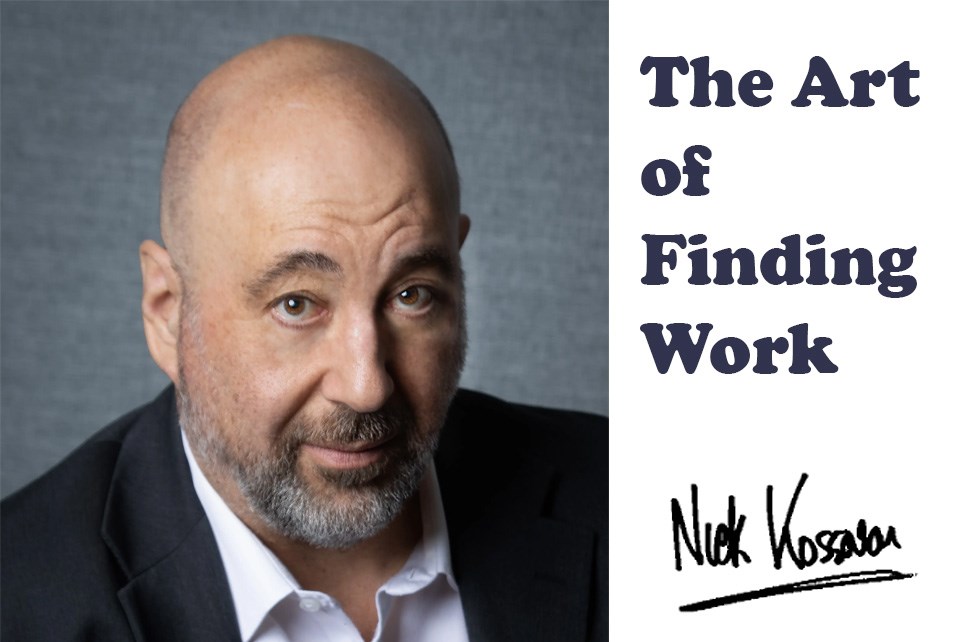I repeatedly hear, or read it in online venting comments, as I'm sure you also do, something along the lines of "I've been job searching for over seven months and have applied to more than 600 jobs that I'm more than I'm a perfect fit for and only gotten three interviews."
Tip: Never vent your frustrations on public forums, such as LinkedIn; it shows employers you can't control your emotions.
It's not a brag that job seekers think it is to apply to over 600 jobs. Applying to more than 20 jobs a week—four quality applications a day—is akin to spraying and praying, which isn't a job search strategy; it's a lazy approach. However, I want to focus on the words "perfect fit," which are highly subjective due to the varying degrees of nuance that define what "perfect fit" means to the person using the term.
When you claim you'd be a "perfect fit," you're basing your assumption on how you compare to the job description. Essentially, you're ticking off boxes, believing that if you tick all or most boxes, then you're a "perfect fit." What you're not considering is that you have no idea what's happening behind the scenes, and that a large part of hiring decisions comes down to gut feel. As I've mentioned in previous columns, being likeable supersedes your skills and experience. I don't know a hiring manager who hires candidates they don't like.
It doesn't matter if you think you're a perfect fit. What matters is whether the person reading your résumé and interviewing you thinks you are. A candidate's skills and qualifications aren't the only factors considered in hiring decisions; also assessed:
- How well you'll fit with the team—will the current team accept you?—and the company's culture. (Employers don't hire disruptors.)
- Your communication and soft skills (These are my 'must-haves.' When hiring, my primary concern is the candidate's verbal and written communication skills.)
- Your energy level.
- Are you a flight risk?
- Whether your qualifications are "too much" of a good thing.
Then there's the elephant in the room: something you can't control. If the hiring manager sees you as a threat to their position, you're not a perfect fit. You wouldn't hire someone who could jeopardize your job or disrupt your team, so why would you expect the hiring manager to do differently?
Unless you've spent time within the company, seeing how the sausage is made, attending boardroom meetings, speaking with hiring managers and employees at all levels, and eating in the lunchroom, you can't be certain you're a "perfect fit." You're assuming. You may believe your résumé matches the job description, but unless you're being referred, you have no insight into how the person you'll be reporting to leads and manages, or what keeps them awake at night. You don't know the challenges the company is facing or the internal politics at play.
Since the concept of being a "perfect fit" is subjective, there's no guaranteed way to make yourself appear like the perfect fit. However, you can increase your chances of being considered a "perfect fit" by focusing less on your skills and qualifications and more on coming across as a safe, low-risk hiring choice—hiring managers tend to prefer candidates who won't be disruptors.
Low risk = perfect fit
One thing job seekers often overlook is that hiring decisions are visible to everyone in the company. Making a bad hire, which I've done several times, is never a good look and can cast doubt on your judgment skills. The last thing a hiring manager wants to hear is "Did you hire Bob? He's a train wreck!"
Understandably, especially given today's job market, employees worry about keeping their jobs; therefore, they're concerned with how they're being perceived by their boss and their boss's boss. Being worried about "What will the boss and the team think?" is why hiring managers tend to prefer candidates who come across as predictable and low-risk. Consequently, being overqualified and having employment gaps are often viewed as liabilities, and why ageism persists. Rightly or wrongly, these factors are often considered high-risk red flags when making hiring decisions. In uncertain times, such as we're currently experiencing and will likely be for the foreseeable future, employers tend to favour candidates who appear steady rather than bold.
There are three aspects of a candidate that determine whether they're likely to be a low-risk hire:
- Ability to perform the job effectively
- Shows stability
TIP: In your résumé and LinkedIn profile, include the reason for your current career gap and explain what you're doing to stay current in your profession and industry.
- Aligns well with the company culture
Whenever you're being interviewed, it's because the employer believes you're qualified for the role. Ultimately, the purpose of an interview is to assess whether you'd be someone who'll likely fit well with the current team and culture. Here's what you need to accept: the decision whether you're a fit or not is entirely out of your hands. All you can do is show you're a "great match," but never assume you're a "perfect fit."
Nick Kossovan, a well-seasoned corporate veteran, offers “unsweetened” job search advice. Send Nick your job search questions to [email protected]
The commentaries offered on Â鶹´«Ã½ are intended to provide thought-provoking material for our readers. The opinions expressed are those of the authors. Contributors' articles or letters do not necessarily reflect the opinion of any Â鶹´«Ã½ staff.




